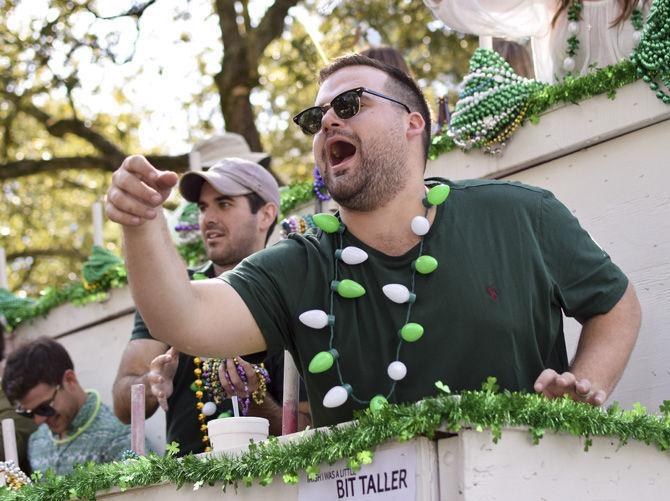Most 20-year-old college students follow a simple list of daily tasks: schoolwork, jobs, internships and relationships. At 20, Danny Lyon had a different plan in mind. He decided to put himself right into the middle of a movement that would create vast historical changes.
From 1962 to 1964, Lyon traveled the South and mid-Atlantic regions to photograph the civil rights movement. At this time, he became the first staff photographer for the Atlanta-based Student Nonviolent Coordinating Committee. SNCC was composed of independent, student-led groups that protested against segregation in southern communities. It is most known for sit-ins at segregated lunch counters along with other protests held at segregated establishments like libraries and movie theaters.
Lyon, now 71, describes himself at 20 as “looking for a moral direction — a restless, romantic history student [who] sought an adventure.”
“The civil rights movement was a true grassroots movement that exploded across the South,” he said
The motion of change and rebellion appealed to Lyon.
“The confrontation, the commitment and the almost holy nature of the movement was overwhelmingly attractive, so once I witnessed it, I joined it,” he said about his motivation to start traveling.
The exhibit houses selected photographs from Lyon’s book “Memories of the Southern civil rights movement.”
Lyon has published multiple books, movies and a blog he updates regularly called Bleak Beauty. His work ranges from the civil rights movement to a study on the Chicago Outlaws Motorcycle Club in “The Bikeriders” to “Indian Nations: Pictures of American Indian Reservations in the Western United States.”
He describes the message of his work as “America and the world will not survive without rebellion.”
“The southern civil rights movement was not only a revolution in the South, but it sparked every movement that soon followed — the women’s liberation movement, and the gay rights movement. Many SNCC activists went straight into the anti-war movement,” Lyon said about the large effect the movement had on society.
The movement, in Lyon’s eyes, is compared to “a fire that could not be put out.” His photographs showcase this fire to capture one of the most dynamic times in America’s history.
His traveling art exhibit, “Danny Lyon: Memories of the Southern Civil Rights Movement,” is currently at the West Baton Rouge Museum until March 9.
Civil Rights photography exhibit on display
By Meg Ryan
February 17, 2014





